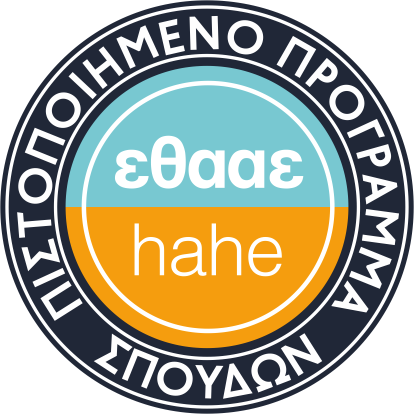The following special issue, of which we are the guest editors will be published in "Computation" (ISSN 2079-3197, http://www.mdpi.com/journal/computation), and is now open to receive submissions of full research articles and comprehensive review papers for peer-review and possible publication.
Special Issue: Computational Aspects Related to Unconventional, Bio-Inspired and Quantum Methods
Website: http://www.mdpi.com/journal/computation/special_issues/computational_aspects
Guest Editors:
Dr. Theodore Andronikos,
Dr. Dimitrios Tsoumakos,
Dr. Spyros Sioutas,
Dr. Ioannis Panagis and
Dr. Konstantinos Giannakis
Deadline for manuscript submissions: 31 January 2017
Given your interesting work on the theme and related disciplines, we personally invite you and your colleagues to submit a contribution for this special issue in which some of the leading experts will describe their work, ideas and findings.
Authors can take advantage of benefits including: Open Access; No Copyright Constraints; Rapid publication; Thorough Peer-Review; No Space Constraints, No Extra Space or Color Charges; Low Fees (350 CHF).
Please also note if your paper is submitted before 1 January 2017, it will be free of charge.
Keywords
- natural computing
- quantum computing
- quantum and quantum-inspired algorithms
- molecular and DNA computing
- chemical computing
- molecular machines incorporating information processing
- membrane computing
- neural networks
- evolutionary computing
- computation graphs
- computation on networks and graphs
- computing based on dynamical systems
- non-standard approaches
- fuzzy computing
- computation approaches going beyond the Turing model
- application of non-standard computational methods
- physics of computation
- non-traditional approaches to classical problems
- parallel computing
- algorithms based on ant colonies, bees foraging etc.
- logics of unconventional computing
- physical limits to mechanical computation
- unconventional methods in education and learning approaches
This special issue is supported by the research group QUIT affiliated with the Dept. of Informatics of the Ionian University.
QUIT's website: http://quit.di.ionio.gr/



 Σχέδιο Δράσης για την Έμφυλη Ισότητα 2025-2027
Σχέδιο Δράσης για την Έμφυλη Ισότητα 2025-2027
